Best software for library management
Managing a library comes with unique challenges, and librarians are always looking for ways to be more efficient and improve their processes. Library management software makes it easy to manage library databases and records, and automate activities such as cataloging, lending, fundraising, managing book donations, and more.
Another key benefit of library management tools is that they make life easier for library users. Most of the tools we’re discussing here have a front-facing user dashboard where library users can set up their own accounts, discover new books, read online, or borrow materials.
The products listed below include some of the most popular library management software tools that all types of libraries can use. While you’re considering which library management software will work best for your situation, keep these three important factors in mind:
- Suitability. Your needs will determine the best software for you. For instance, the needs of a large public library are quite different from those of a private corporate library. Even a tool that gets high marks from most users may not provide the specific features you need to run your library. Similarly, a tool may be overloaded with features that are unnecessary for your use case.
Start with a list of the most crucial features you need from your ideal software and narrow your search from there.
- Ease of use. You don’t want to spend weeks or months trying to understand how your management software works. The right tool should be mostly intuitive and offer easy-to-follow guides or online support.
- Flexibility. Remember, every library is different. Choose a tool that will support the smooth and efficient running of your library, but make sure you can customize its features to meet your specific needs.
Top 5 library management software tools to try
1. Alexandria
Rated 4.8 out of 5 stars on Capterra, Alexandria is an award-winning library management software solution that adapts to meet the needs of K–12, university, public, and private libraries. Alexandria is completely cloud-based and follows machine-readable cataloging (MARC) best practices.
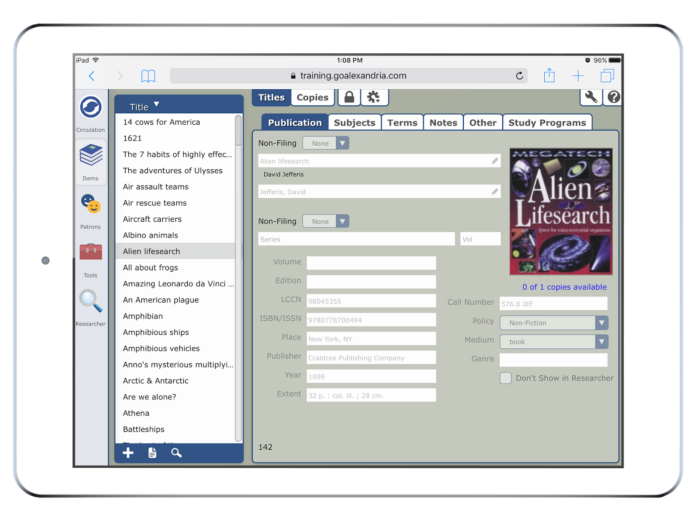
Libraries around the world have used Alexandria for more than 30 years. It offers the following features:
- Cataloging: Update bibliographic records and databases quickly.
- Circulation: Manage lending, check-ins, and checkouts.
- Administration: Keep track of staff and users.
- Search: Find any material or resource quickly and easily.
- Reporting: Produce custom reports when you need them.
- Support: Access 24-7 live technical support.
2. Koha
Koha is a feature-rich, open-source library management system. It’s been around since 1999 and is ideal for all kinds of libraries. The software is robust enough to power large public libraries and simple enough for small private ones to use.
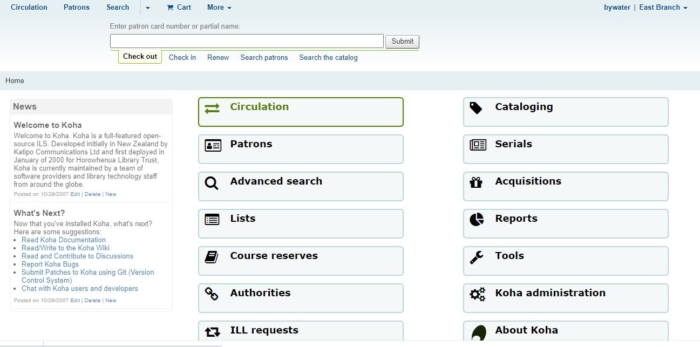
Koha is great for managing multi-branch libraries. It offers offline circulation functionality for those times when there’s no internet access. The Koha Acquisitions module also keeps track of purchases, suppliers, and budgets.
3. Jotform
If you’re looking for a simple, user-friendly library management solution, Jotform is a great choice. It offers useful library templates that make it easy to keep track of inventory.
You can track lending with Jotform’s library checkout sheet, book inventory with the book inventory template, and manage staff data. You can also use Jotform to keep track of fundraising activities, book purchases, and donations. With Jotform’s drag-and-drop functionality, you can easily customize any spreadsheet to meet your needs by adding items such as new fields and color-coded tags.
4. Mandarin
Mandarin is a web-based library management system. Like other tools on this list, Mandarin supports cataloging, inventory management, circulation, and reporting.

You can customize the software to suit your needs by making use of Mandarin’s optional modules and services. Unicode support in Mandarin allows cataloging and searching in any language. Annual subscriptions start at $750, and new systems may incur an additional setup cost that averages $250.
5. SirsiDynix Symphony
SirsiDynix Symphony is a powerful library management system that’s great for all types of libraries, including public, academic, K–12, special collections, and consortia. It also gives you hosting options, so you can decide whether you want a self-hosted, cloud-hosted, or locally deployed system.
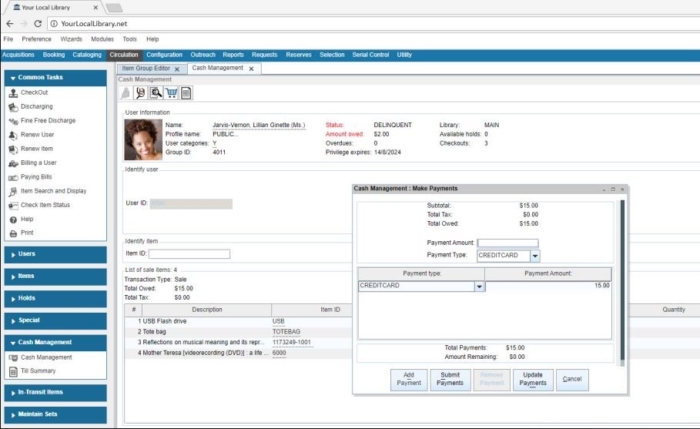
Symphony offers API access, which means you can connect it to other web services you use, such as your learning management systems and enterprise planning systems. This makes the software truly flexible and customizable. Symphony’s core modules include
- Acquisitions
- Offline access
- Reserves
- Serial control
- Requests
- Outreach (a module that gives you the ability to extend your library’s services to those who can’t come to a library or access materials online)
Library management software makes life easier for librarians and users. With the right tool, you can better manage your database and inventory, and keep track of lending/circulation activities. An efficient and organized library is a user’s delight, making it easier for more people to access and use those valuable resources.



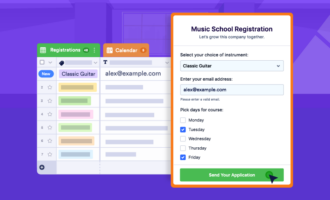








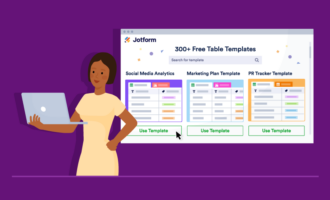
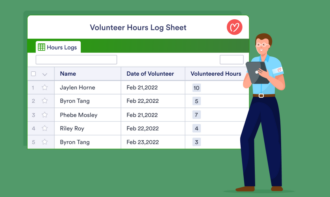
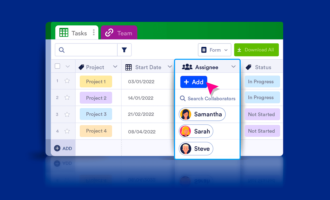

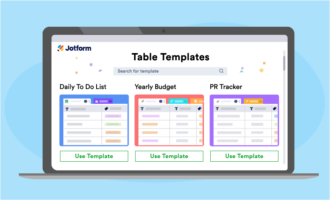







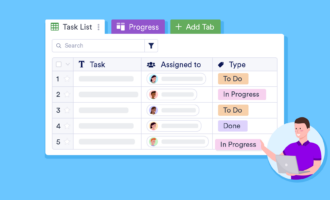
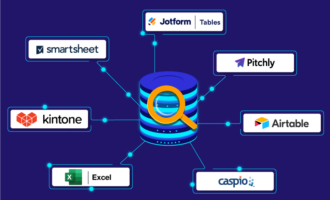














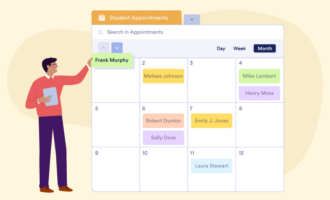


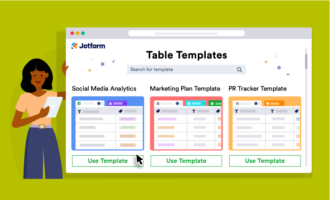










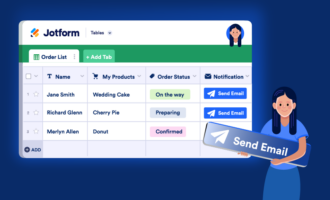

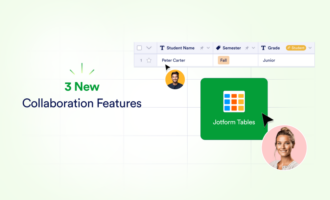

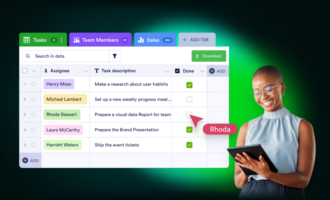

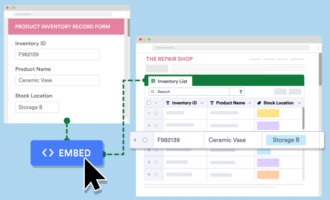


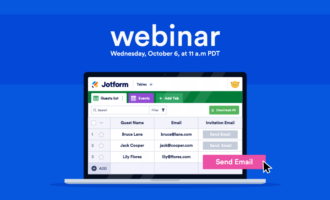





Send Comment:
3 Comments:
More than a year ago
Thanks for this informatic blog. This is very useful for me!
More than a year ago
Employee management is more than just making sure that people are doing their jobs. It is about making the workplace functional and efficient through skillful management. Boost employee motivation and productivity with peopleHum’s employee management software.
More than a year ago
Wondering if you should invest in an employee engagement software or devise a process on your own? We'll help you make a decision right now. Read this blog article to gain deeper insights on this subject!